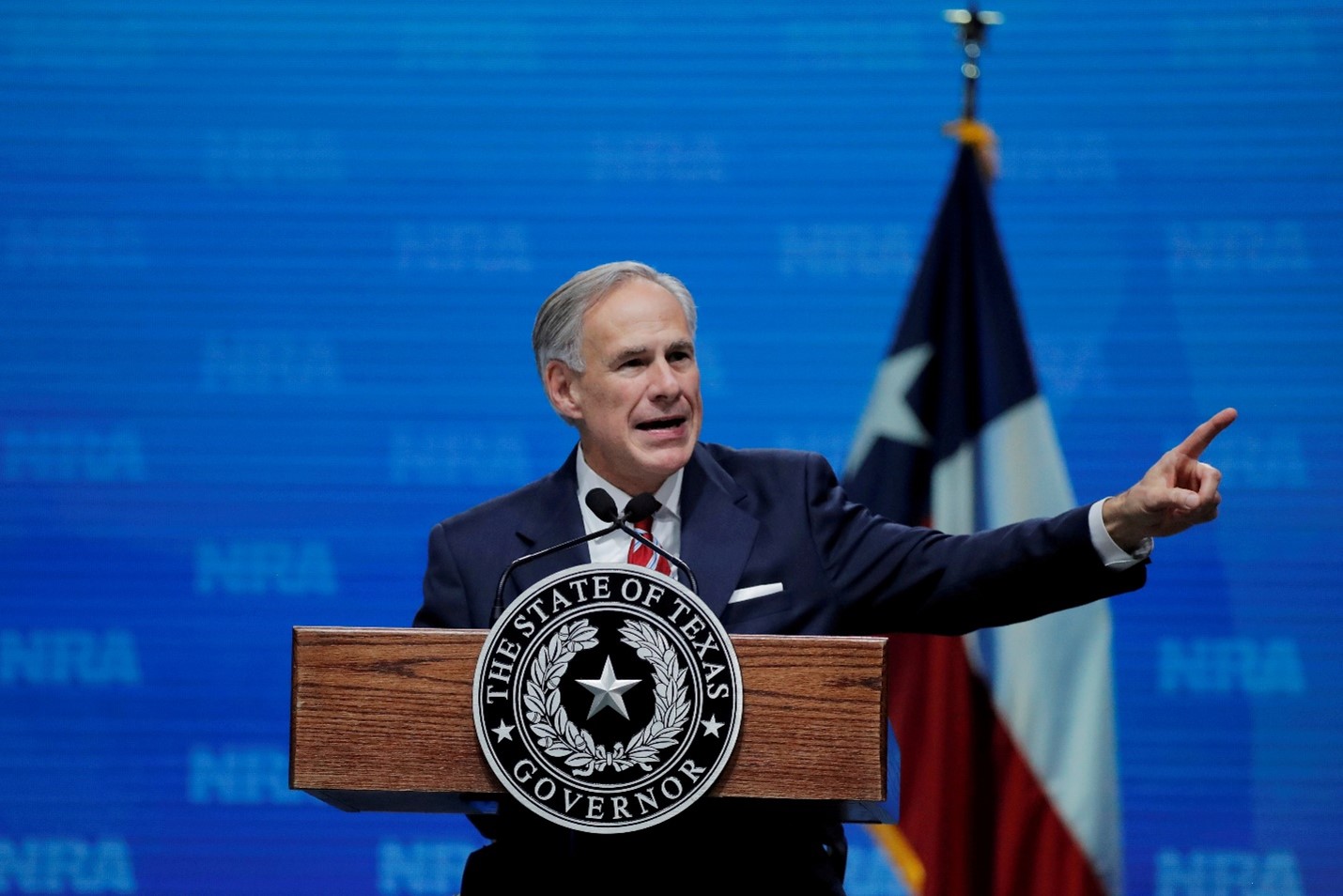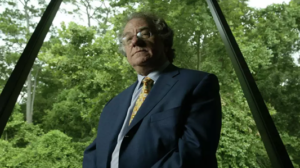
During the 2013 Texas legislative session, I made my way to Houston to visit one of the grand old men of Texas K-12 reform, the late/great Charles Miller. Miller had long been a pillar of the Houston business community and had been deeply engaged in both K-12 and higher education policy. Mr. Miller and I met for lunch at a Tex-Mex restaurant, whereupon I described a litany of woes for school choice supporters in the 2013 session.

Mr. Miller listened, and then patiently explained to me how school district interests “manage” the Texas legislature. His tale revealed that the series of funding lawsuits carried out over many decades were in his view part of a larger and largely successful strategy to stymie and reverse reform of the K-12 system. Mr. Miller had a K-12 agenda outside of choice, and I when I asked him if he was pursuing it in the 2013 session, he responded “Certainly not.” Mr. Miller explained patiently, “This is a lawsuit year.”
![]()

At that point I remember looking down at my half-eaten plate of enchiladas and thinking to myself, “This session is going to end badly.” Every Texas legislative session before 2013 had ended badly for private school choice, and every session since, including the 2023 regular and special sessions. In 2024, however, the tables may have finally turned.
The Texas Supreme Court ended the funding lawsuit kabuki theatre a few years ago. Texas Gov. Greg Abbott campaigned hard in favor of Republican primary candidates willing to enact their party’s platform position on school choice and scored unprecedented victories over incumbent choice opponents.
With a bit more good news from the runoffs, the Texas House’s days of being “managed” by the Muleshoe Machiavellis in the Texas school district industrial lobbying complex might just come to an end in 2025. Stay tuned to this channel for further developments.


